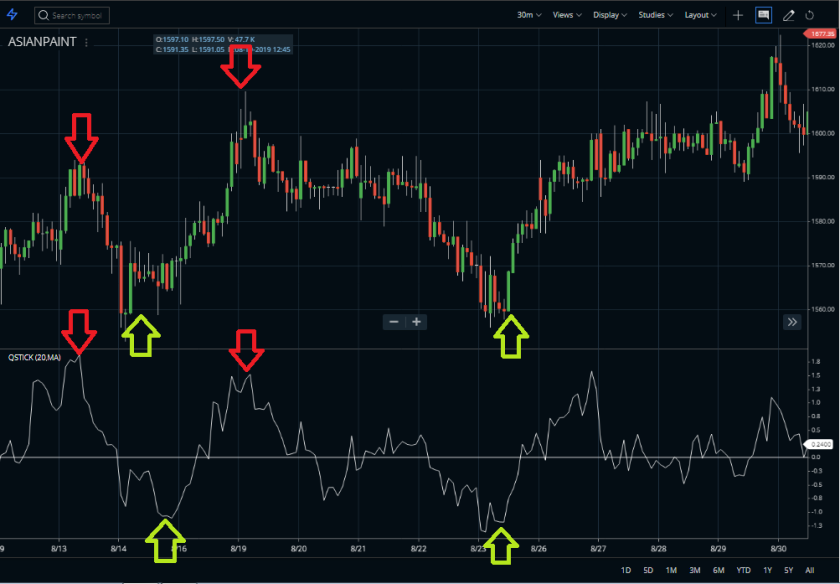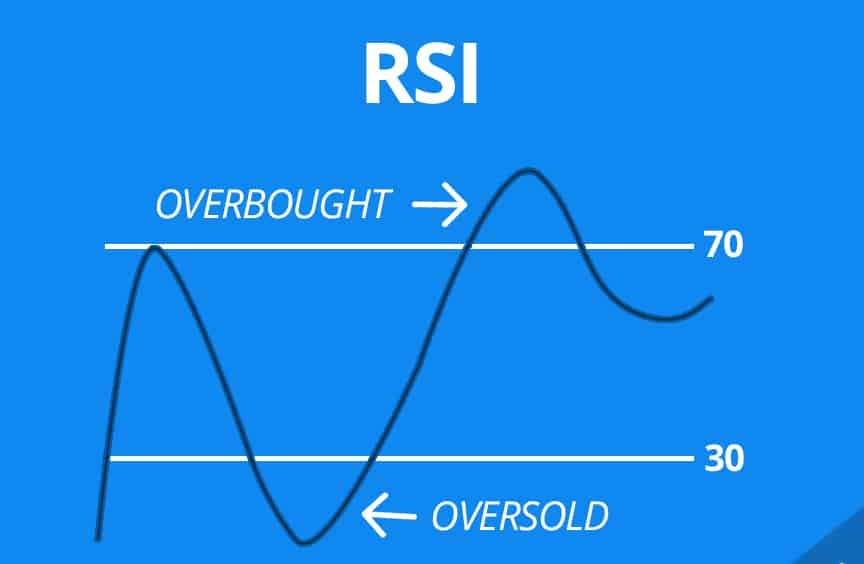INVESTMENTS
BITCOIN
What is Bitcoin?
Bitcoin (BTC) is a cryptocurrency, a virtual money that can be used to make and receive payments without being controlled by any one person, organization, or other entity. This eliminates the need for third parties to get involved in financial transactions. It may be acquired on a number of exchanges and is given to blockchain miners as payment for validating transactions.

Under the pseudonym Satoshi Nakamoto, a group of mysterious engineers unveiled Bitcoin to the world in 2009.
Since then, it has grown to be the most well-known cryptocurrency globally. Numerous additional cryptocurrencies have been developed as a result of its popularity. These rivals are employed as utility or security tokens in other blockchains and cutting-edge financial systems, or they try to take its position as a payment method.
KEY KNOWLEDGE
Understanding Bitcoin
Under the fictitious moniker Satoshi Nakamoto, an individual or group said to the metzdowd.com cryptography mailing list in October 2008, "I've been working on a new electronic cash system that's fully peer-to-peer, with no trusted third party." The now-famous white paper "Bitcoin: A Peer-to-Peer Electronic Cash System," which was posted on Bitcoin.org, would serve as the foundation for how Bitcoin functions today.
The first Bitcoin block, Block 0, was mined on January 3, 2009. This is sometimes referred to be the "genesis block" since it has the phrase "The Times 03/Jan/2009 Chancellor on brink of second bailout for banks," which may indicate that the block was mined on or beyond that date.
Every 210,000 blocks, Bitcoin incentives are cut in half. In 2009, for instance, the block reward was fifty more bitcoins. The reward for each block discovery was reduced to 6.25 bitcoins on May 11, 2020, following the third halving, which is anticipated to take place sometime in 2024 and raise the reward to 3.125 bitcoins.
One bitcoin is divisible to eight decimal places (100 millionths of one bitcoin), and this smallest unit is referred to as a satoshi. If necessary, and if the participating miners accept the change, Bitcoin could eventually be made divisible to even more decimal places.
FAST FACT!
The initial iteration of the Bitcoin software was made available to the Cryptography Mailing List on January 8, 2009, and on January 9, 2009, Block 1 was mined, marking the start of Bitcoin mining.
How to does Bitcoin Works?
How to Mine Bitcoin
The process of minting new Bitcoin and adding transactions to the blockchain is known as mining. It involves employing strong, specialized computer hardware to solve challenging mathematical problems. While it was once feasible to mine bitcoin from your house, most newcomers to the market now usually join a mining pool, which is a collection of miners combining resources for increased efficiency, due to the rise in processing gear needs.
What is Proof Of Work?
Proof-of-work (PoW) is a technique used by computers in the Bitcoin network to verify transactions and safeguard the system. The "consensus mechanism" of the Bitcoin blockchain is proof-of-work.
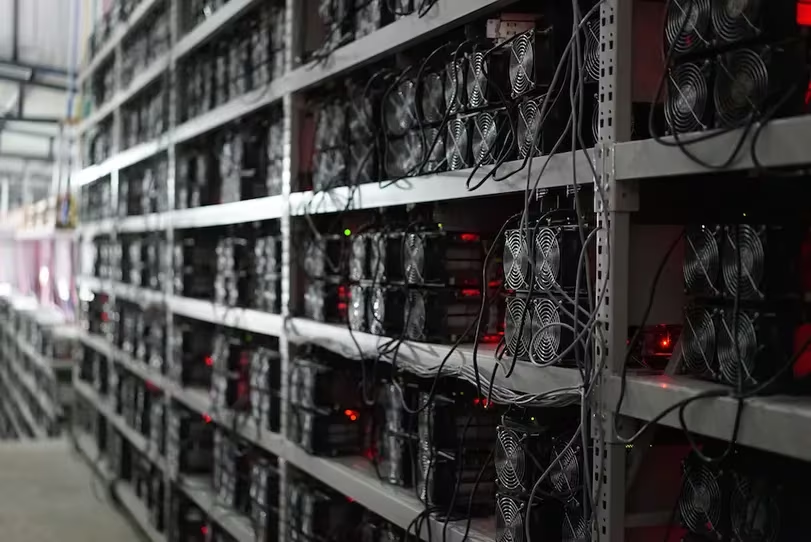
When a new block is discovered, the successful miner who found it through the mining process gets to fill it with 1 megabyte’s worth of validated transactions. This new block is then added to the chain and everyone’s copy of the ledger is updated to reflect the new data. In exchange for their efforts, the miner is allowed to keep any fees attached to the transactions they add, plus they’re given an amount of newly minted bitcoin. The new bitcoin created and handed to successful miners is known as a “block reward.”
Risks of Investing in Bitcoin
The lack of standardized standards around cryptocurrencies raises concerns about their viability, use, and lifespan.
The majority of Bitcoin owners and users did not obtain their coins through mining activities. Instead, people trade Bitcoin and other virtual currencies on well-known websites called cryptocurrency exchanges. Since bitcoin exchanges are fully digital, they are vulnerable to viruses, hackers, and other technical issues just like any other virtual system.
Although some exchanges offer insurance through third parties, bitcoin and other cryptocurrencies are not covered by the Federal Deposit Insurance Corporation (FDIC) or the Securities Investor Protection Corporation (SIPC). SFOX, a primary dealer and trading platform, declared in 2019 that it will be able to provide FDIC insurance to Bitcoin investors—but only for cash-only transactions.
Fraud Risk:
Even with the security measures inherent within a blockchain, there are still opportunities for fraudulent activity.
Like any investment, the value of bitcoin is subject to change. Unpredictable fluctuations in the currency's value have occurred during its brief history. High volume buying and selling on exchanges makes it extremely vulnerable to any noteworthy occurrences. The CFPB reports that in 2013, the price of Bitcoin dropped by 61% in a single day, while in 2014, the largest one-day price decrease was recorded at 80%.
Regulating Bitcoin
Like any new technology, the attempts at regulating Bitcoin have been difficult. The current administration seeks to impose regulations around Bitcoin but, at the same time, walks a tightrope in trying not to throttle a growing and economically beneficial industry.
How does it takes to Mine One Bitcoin?
96s
It takes an average of 10 minutes for the mining network to validate a block and create the reward. The Bitcoin reward is 6.25 BTC per block. This works out to be about 96 seconds for 1 BTC to be mined.
POPULAR CRYPTOCURRENCIES

ABOUT : Litecoin is minable and also has a faster transaction processing time compared to Bitcoin. Litecoin was launched with 150 pre-mined coins and has a maximum
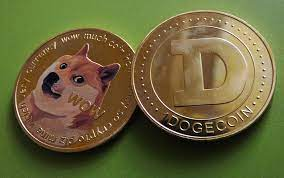
ABOUT : Dogecoin is a meme cryptocurrency that derives its underlying technology from Litecoin. It offers a low price and unlimited supply to its users and has loyal.Dogecoin is an altcoin similar to Bitcoin and Ethereum in
that it runs on a blockchain network using a PoW system.
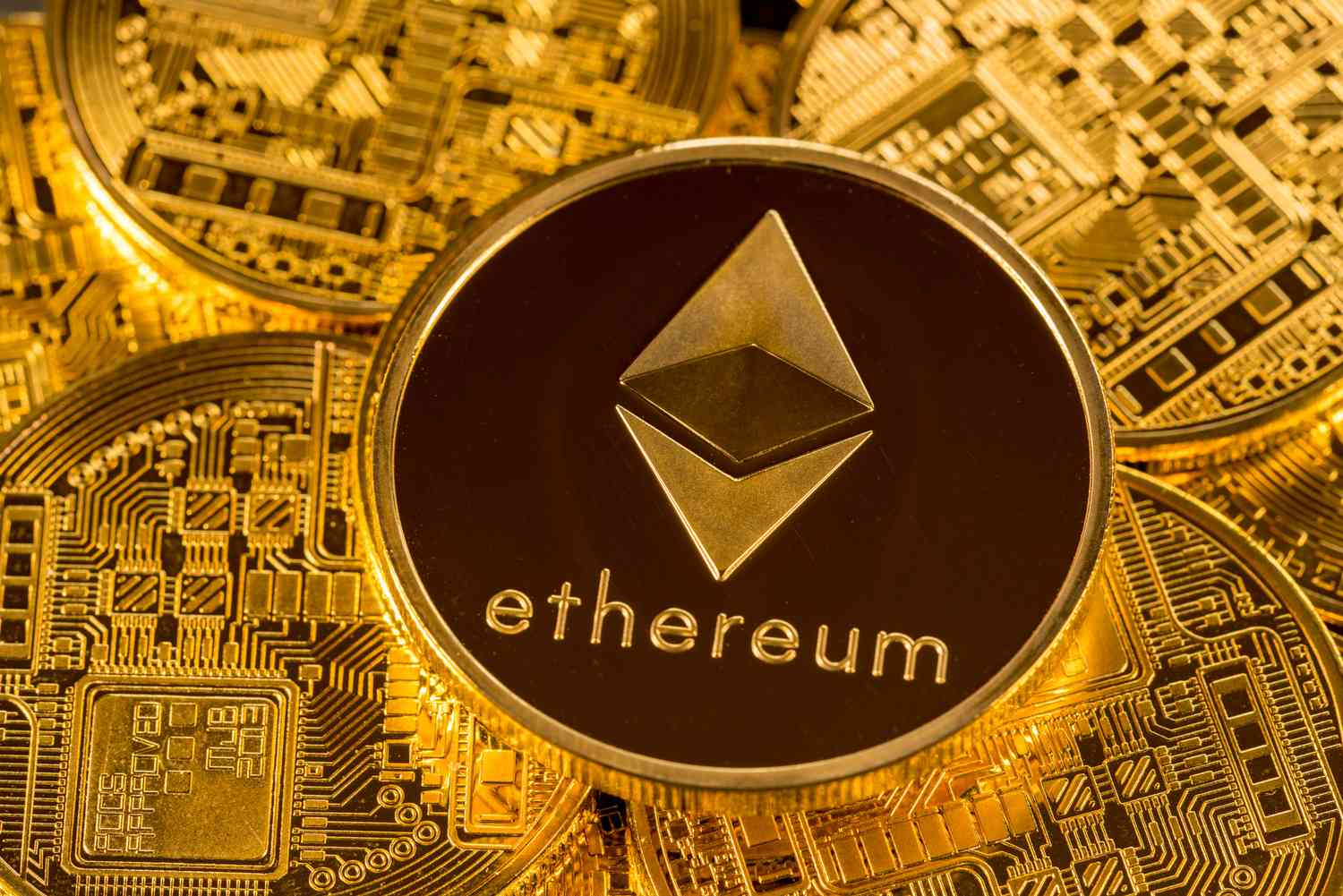
ABOUT : Ethereum is a decentralized blockchain with smart contract functionality. Ether is the native cryptocurrency of the platform. Among cryptocurrencies, ether is second only to bitcoin in market capitalization. It is open-source
software. Ethereum was conceived in 2013 by programmer Vitalik Buterin.

ABOUT : Most Popular Cryptocurrencies. Buy BNB, DOGE, XRP, BTC, ETH, USDT, TUSD, LTC, and over 500 other cryptocurrencies with your credit/debit card.RP is the world's most energy efficient cryptocurrency, using 0.0079 kilowatt-hours
of electricity per transaction.
Related Articles:






